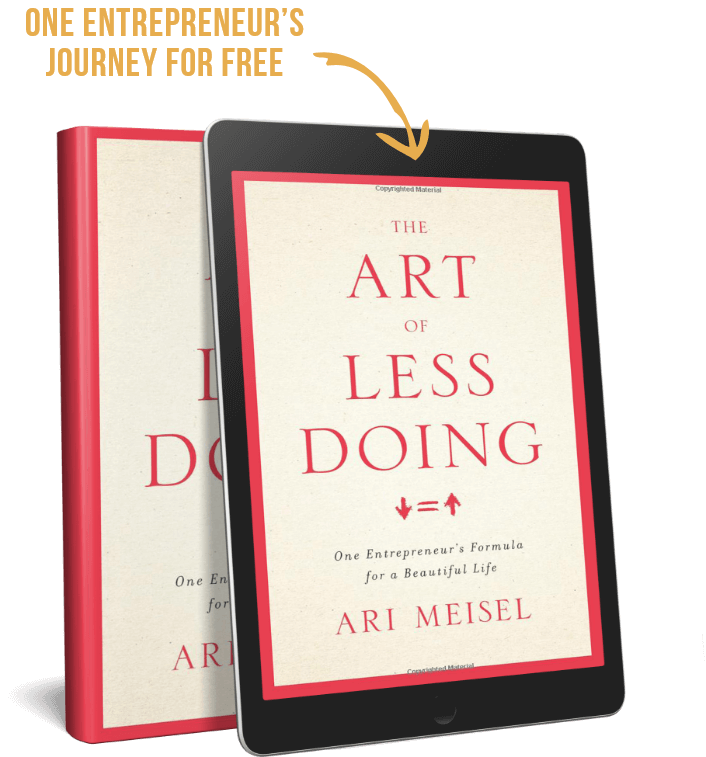The benefits of strategic outsourcing are no secret, whether implemented for personal or professional use.
It’s also no secret that I love outsourcing. After all, it is one of Less Doing’s three tenets.
But in the Less Doing mantra of “Optimize, Automate, Outsource” pay close attention to where the term outsource appears:
Optimize → Automate → Outsource
People habitually approach outsourcing the wrong way; they see outsourcing as the first step rather than the last.
Don’t just head to Fiverr and start outsourcing on a whim.
Identify the underlying issues of your efficiency problem — see if there’s a way to optimize the existing process or automate it via mechanization (software) — before jumping to outsourcing.
If you can clearly outline the reasons for outsourcing (and assuming optimization and automation are not feasible solutions) you can proceed with your efforts.
Of course there are those who would never even consider outsourcing as a feasible solution for any task.
My question to these people is simply, why?
The criticisms of outsourcing are — by and large — misguided.
Here are some of the most common objections I encounter from clients:
- I Don’t Know What To Outsource
Honestly, examine your last hour of work. There are probably three to five things we can potentially outsource. Don’t believe me? — Contact us.
2. How Do I Know They Won’t Mess It Up?
Well…you don’t. But how do you know you won’t make a mistake either? More importantly, how do you know that it can’t be done better?
3. It Will Take Longer To Explain Than To Do
This argument is actually somewhat fair.
Certainly during the beginning stages of an outsourcing campaign it may feel like the time spent to teach others how to perform the task outweighs the time required to complete the task itself. First, the process is a terrific way to hone your ability to give direction clearly. Second, once the outsourcing is firmly in-place your productivity should sky-rocket on the remaining non-outsourced tasks.
4. It Only Takes a Minute
So this argument is similar to #3 but I still feel it deserves its own place on this list.
A given task may only take sixty seconds to complete, but that single minute of distraction from core work creates a thought-flow gap. Most people need 20 minutes to recover from the interruption and get back into their core thought-flow.
Think about that.
Five, minute-long tasks will taint over an hour’s worth of productivity. Your day-to-day life can’t afford that.
5. I Don’t Need Help
For some reason, people see outsourcing as a cry for help. It’s not.
Outsourcing has nothing to do with help and everything to do with being a smart, intelligent and efficient individual who values their most precious resource — time.




